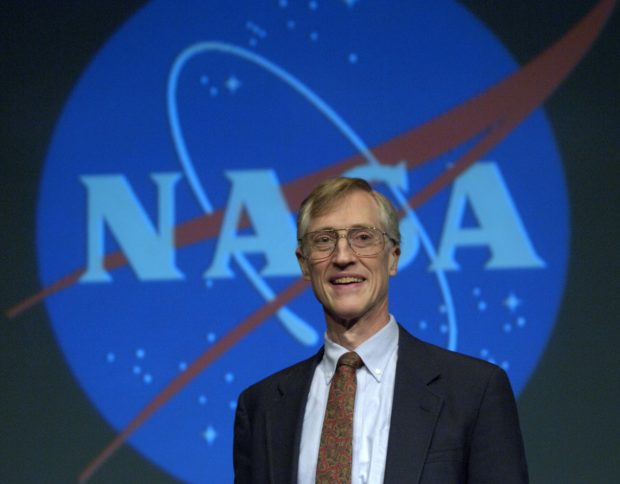NASA Overpaid Boeing by Hundreds of Millions of Dollars
NASA “overpaid” Boeing by hundreds of millions of dollars on a fixed contract to develop a spaceship to carry astronauts to the International Space Station (ISS), an audit report has said, compensation is called “unnecessary.”
The US has relied on Russia to transport its crews to the ISS since the end of the Space Shuttle program in 2011 but has hired Boeing and SpaceX under multi-billion dollar contracts, with the two companies already two years behind schedule.
What is the @Space_Station? 🛰️
Can I see it from Earth? 🌎
What time zone does it run on? ⏰Watch the next #AskNASA episode w/ Jacob Keaton, as he answers your questions about our orbiting lab: https://t.co/0fFhzFZBhU pic.twitter.com/WLiaAfm0Kr
— NASA (@NASA) November 18, 2019
“We found that NASA agreed to pay an additional $287.2 million above Boeing’s fixed prices to mitigate a perceived 18-month gap in ISS flights anticipated in 2019,” the inspector general’s report issued Thursday said.
“We question $187 million of these price increases as unnecessary costs,” it added.
The auditors determined the amount of additional spending was not required because the risk of such a gap occurring was minimal, and SpaceX was not provided an opportunity to propose a solution “even though the company previously offered shorter production lead times than Boeing.”

FILE – In this Oct. 3, 2006 file photo, Nobel Prize for Physics winner John Mather speaks at a news conference at NASA headquarters in Washington. Mather, the senior project scientist for NASA’s James Webb Space Telescope, which is planned for launch into space in 2021, said the space-based instrument will be extremely effective at gathering infrared light and will help compensate for the advantage that Hawaii’s Mauna Kea has over the backup site on La Palma, Spain. (AP Photo/Kevin Wolf, File)
What’s more, NASA failed to consider in their analysis that they could overcome any perceived gap by purchasing more seats either directly from Russia or from Boeing.
In fact, five days after NASA committed to paying the $287.2 million, Boeing proposed to sell NASA five seats on the Russian spacecraft Soyuz during the same mission period, a sale completed for an additional $373.5 million, the report found.
But the report’s authors added: “We acknowledge the benefit of hindsight and appreciate the pressures faced by NASA managers at the time to keep the program on schedule to the extent possible.”
The Commercial Crew Program has been beset by delays as the two companies face technical and safety challenges.
As of May 2019, Boeing and SpaceX’s contracts were valued at $4.3 billion and $2.5 billion, with each company awarded six round-trip missions to the ISS.
Trending Articles
Assuming four astronauts per flight, the inspector general estimated average cost per seat at $90 million for Boeing and $55 million for SpaceX.
NASA contested the findings, saying in a written response that “We do not agree that the dollar amounts cited were questionable, unnecessary, or unreasonable.”
The report was also a blow for Boeing, which is in the midst of one of the most serious crises in its history following the grounding of its 737 MAX airplanes after two recent crashes killed 346 people.
The aerospace giant has come under fire by critics who allege it rushed the plane’s production to match its Airbus competitor, compromising safety.
Responding to the report, Boeing defended its extra billing to NASA saying it offered “additional flexibility and schedule resiliency.”
It also contested that its average cost per seat was $90 million, saying the actual value was “significantly less” but declined to give a price.
Inquirer.net will receive a commission on purchases made*

